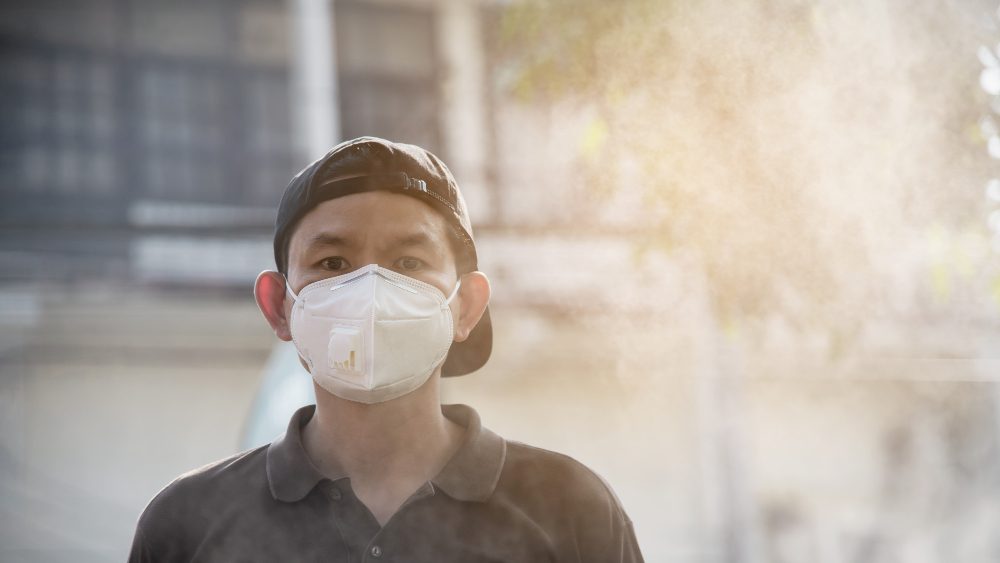THAILAND: In a significant move to combat Thailand’s escalating PM2.5 air pollution crisis, Industry Minister Akanat Promphan has shared the results of his recent fact-finding mission to Singapore. Last week, Akanat, accompanied by Sumet Tangprasert, a board member of the Industrial Estate Authority of Thailand (IEAT), travelled to the city-state for discussions with Singapore’s Minister of Sustainability and the Environment, Koh Poh Koon. According to a recent report from The Nation, their talks focused on exploring effective strategies for managing transboundary air pollution, a challenge that has plagued Thailand and much of Southeast Asia.
Their visit also included knowledge exchanges with relevant Singaporean agencies, where both sides discussed the regional air pollution issues caused by forest and agricultural burning. Singapore, a signatory of the ASEAN agreement on transboundary haze pollution, has been at the forefront of addressing such challenges, offering valuable insights into mitigation practices.
A collaborative approach to environmental solutions
Akanat emphasized the importance of collective action in tackling the PM2.5 problem. He stressed that effective solutions require cooperation across all sectors – government, private businesses, and the public, in tandem with advanced technology to reduce emissions. The minister underscored that solving the air pollution crisis would improve public health and bolster Thailand’s appeal to foreign investors, particularly in the industrial sector, which remains a critical component of the country’s economy.
“We want Thailand to be a destination for sustainable and environmentally friendly investments,” said Akanat. “Addressing the PM2.5 problem and air pollution is an urgent requirement.”
Meanwhile, Sumet Tangprasert announced that the IEAT would implement Singapore’s successful air pollution management strategies in Thailand’s industrial estates. This includes establishing stringent emission standards, rigorously monitoring and enforcing factory compliance, and promoting clean, eco-friendly production technologies. Sumet expressed confidence that these efforts, combined with cooperation from all sectors, would pave the way for a sustainable solution to Thailand’s ongoing air quality challenges.

